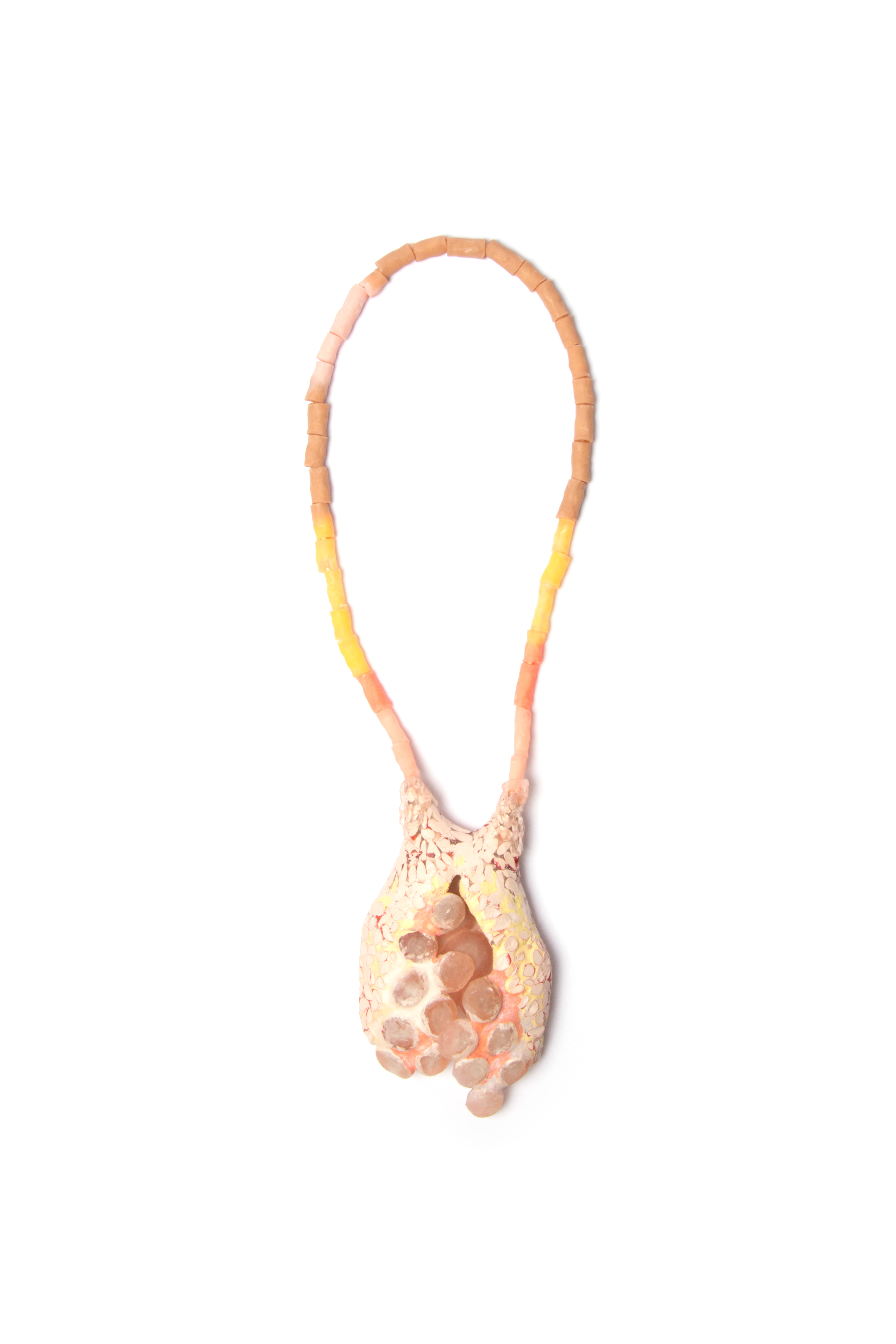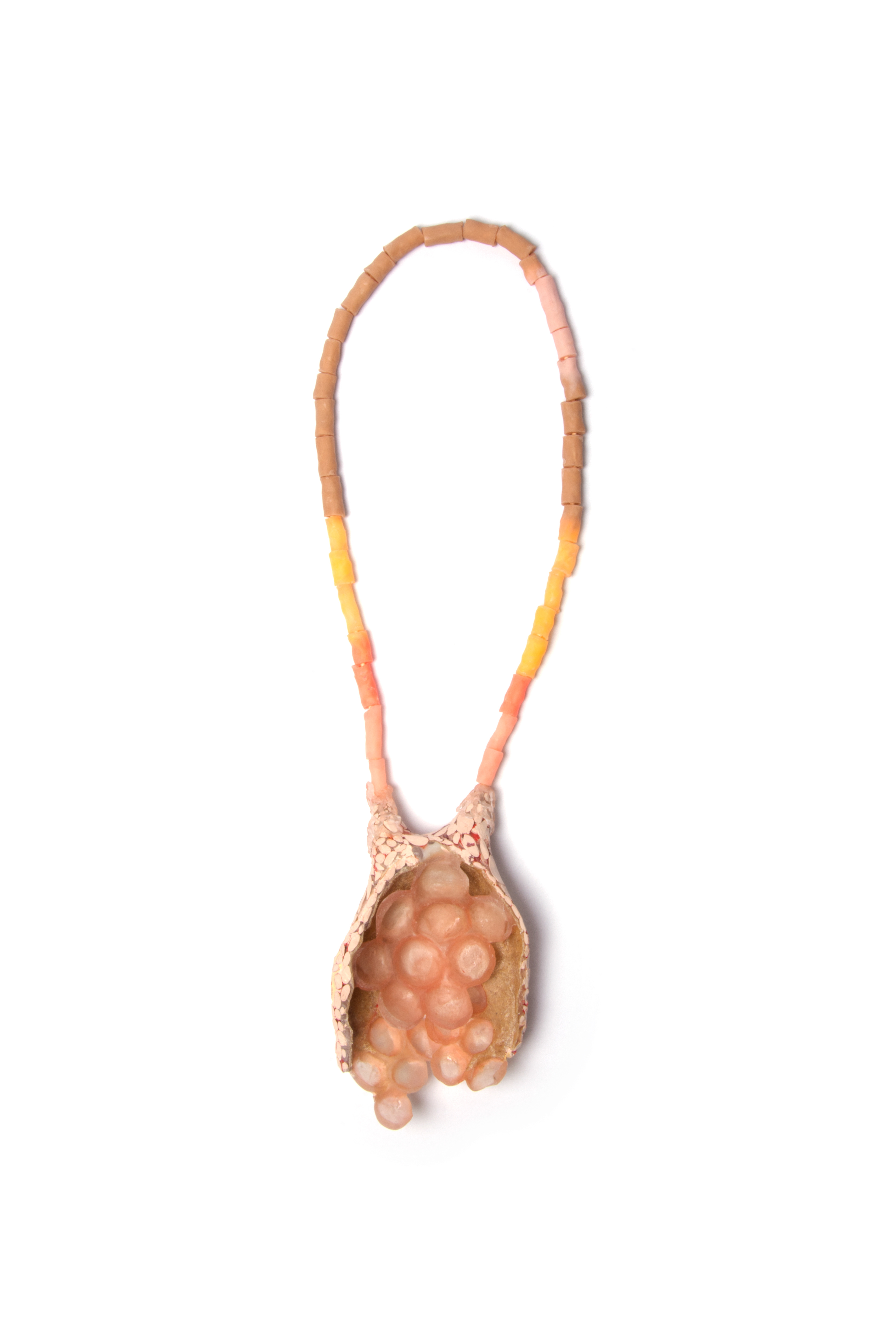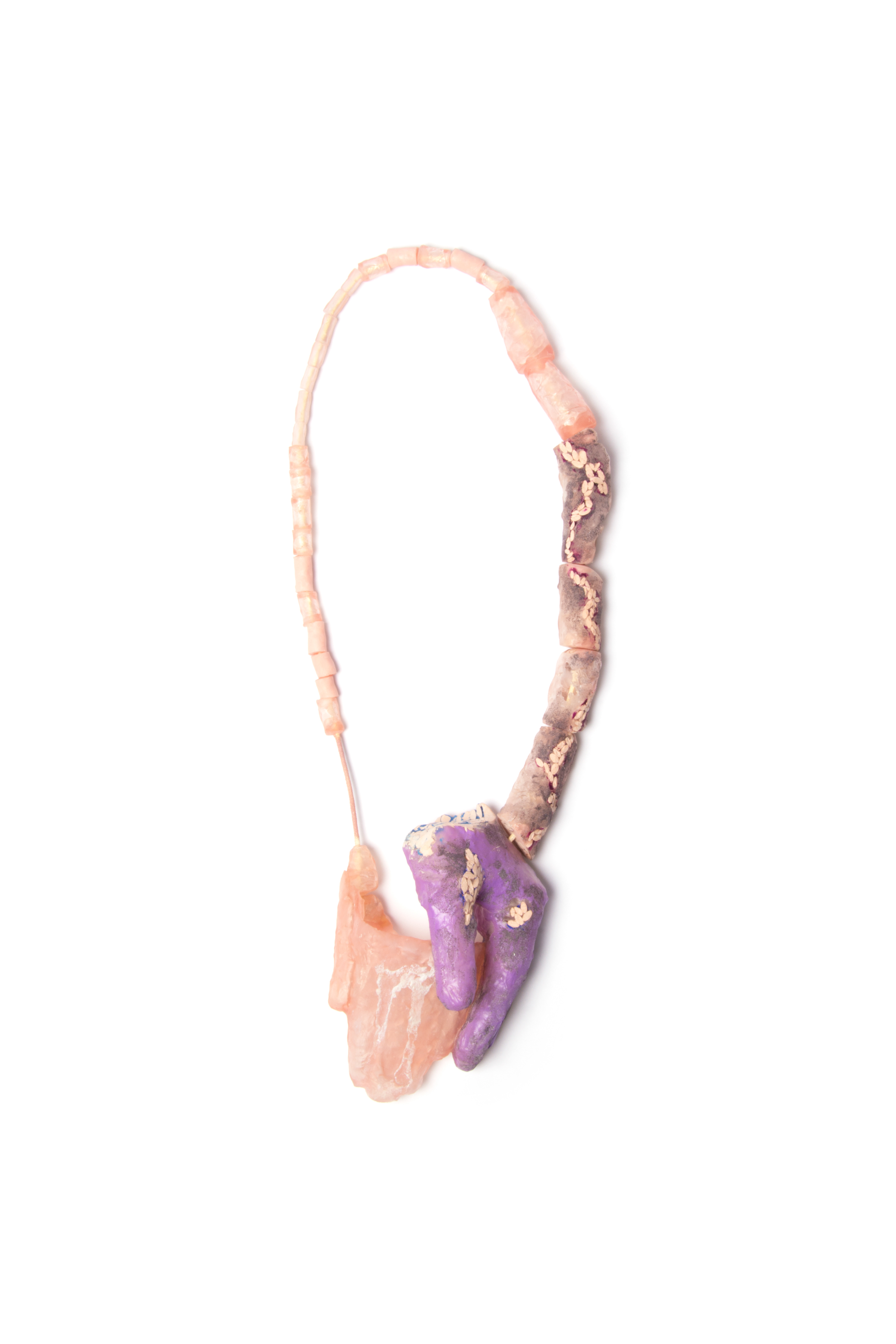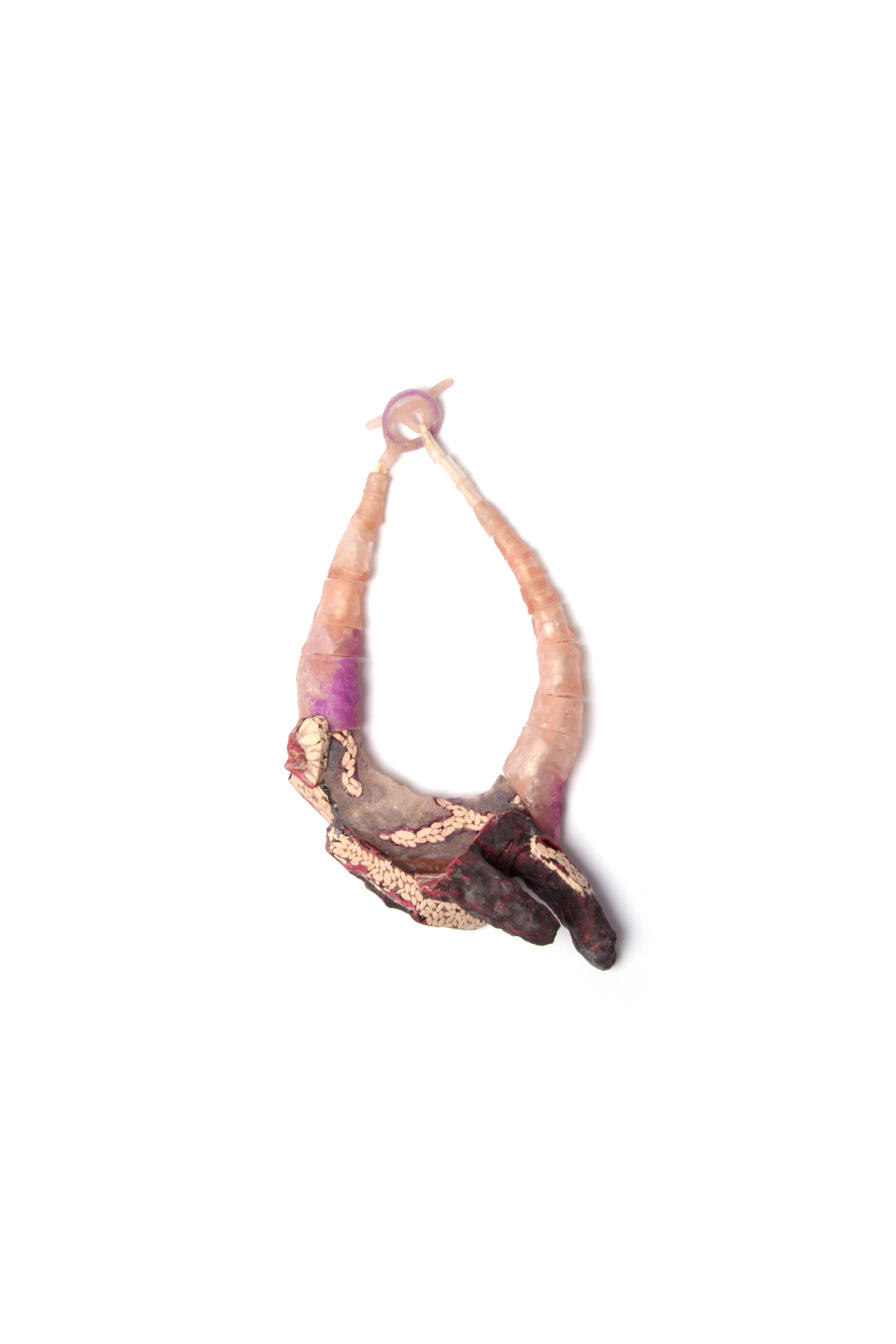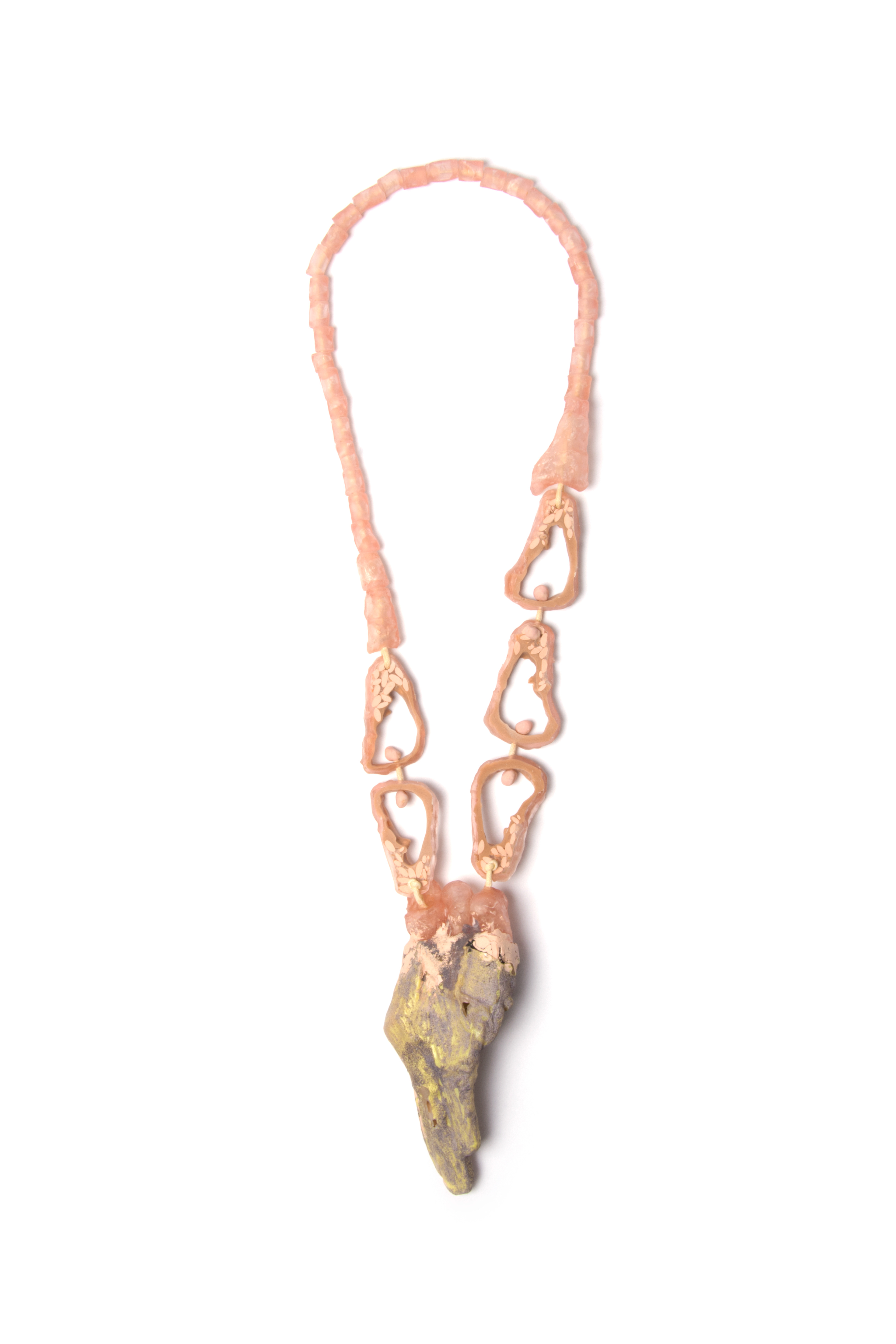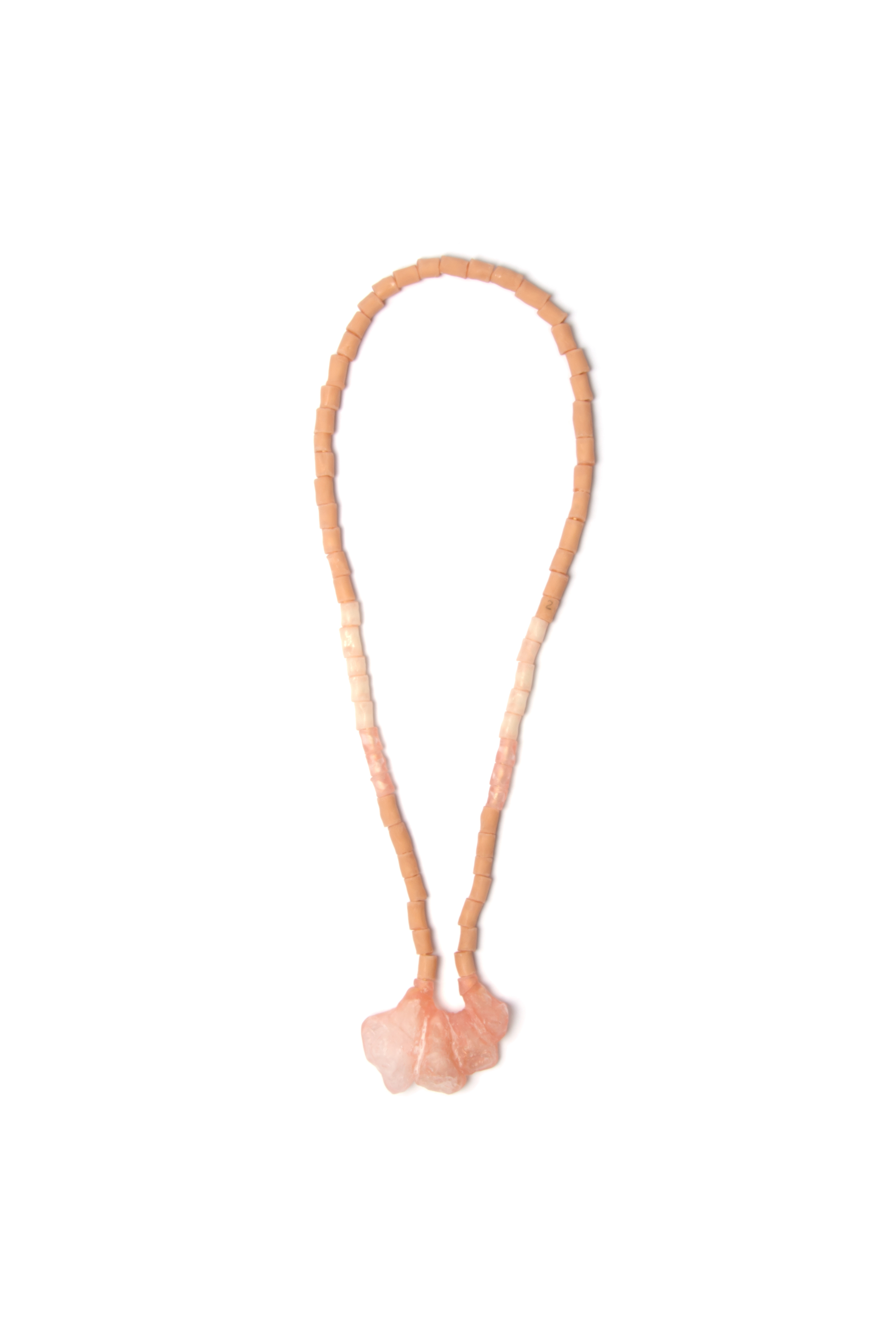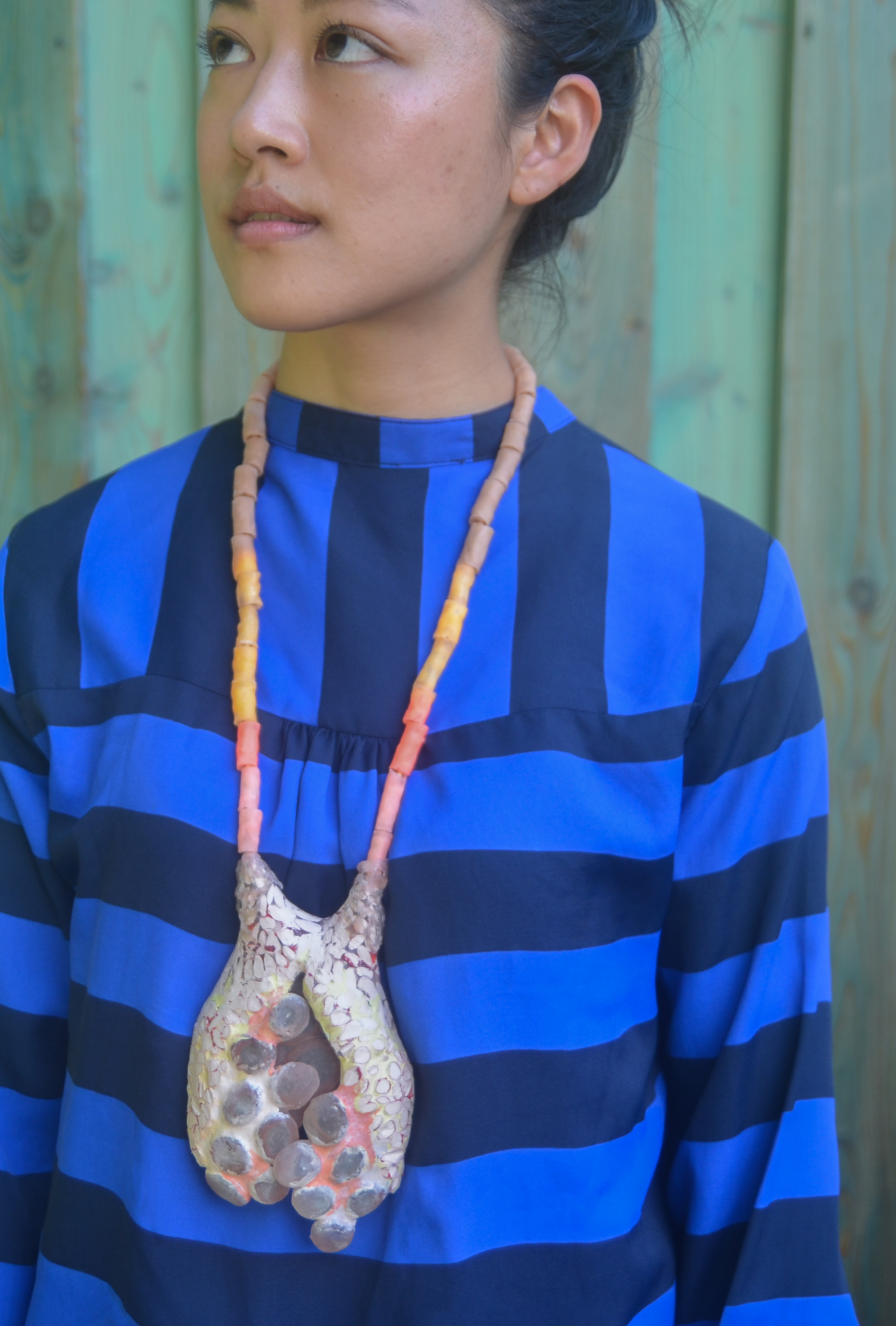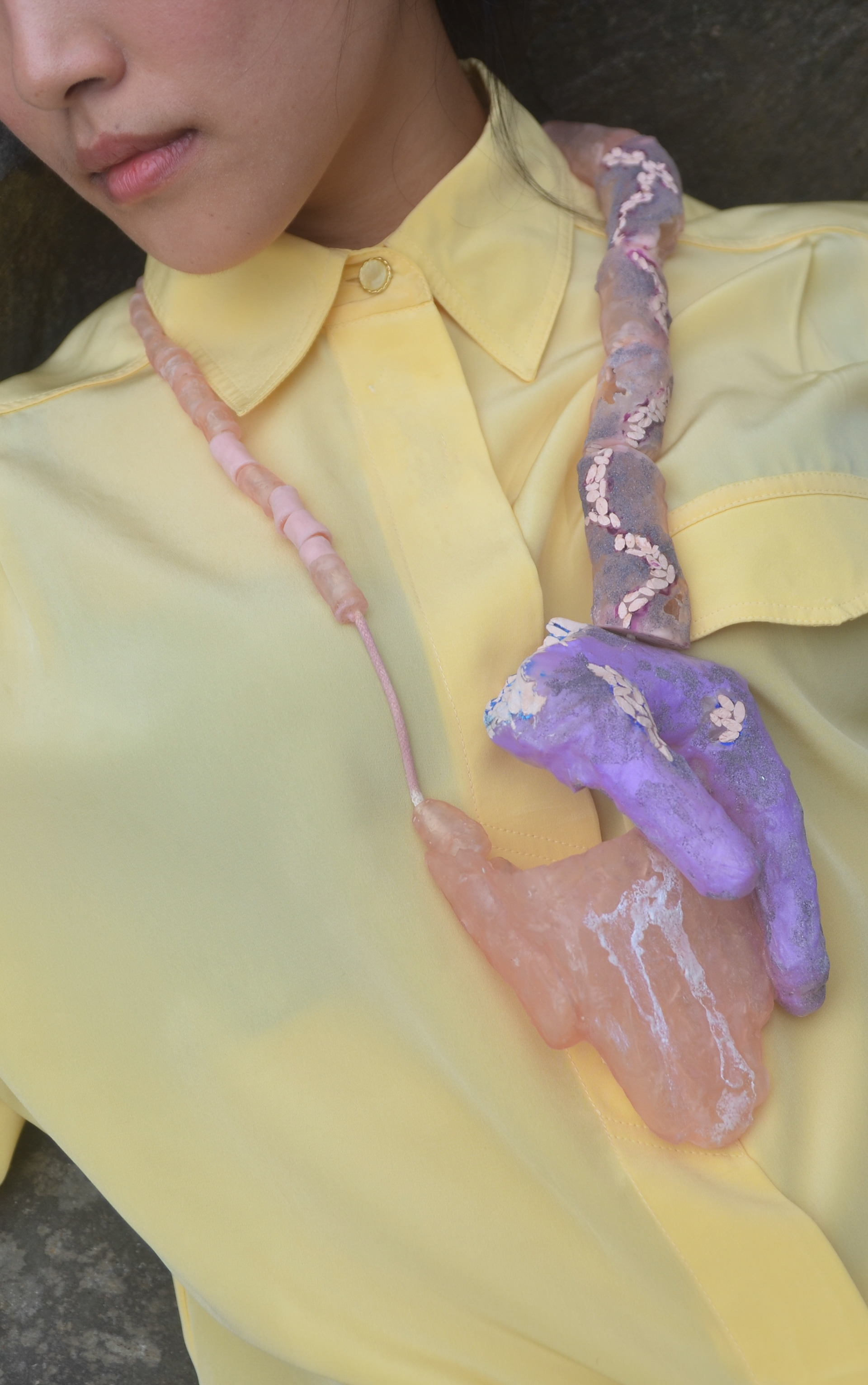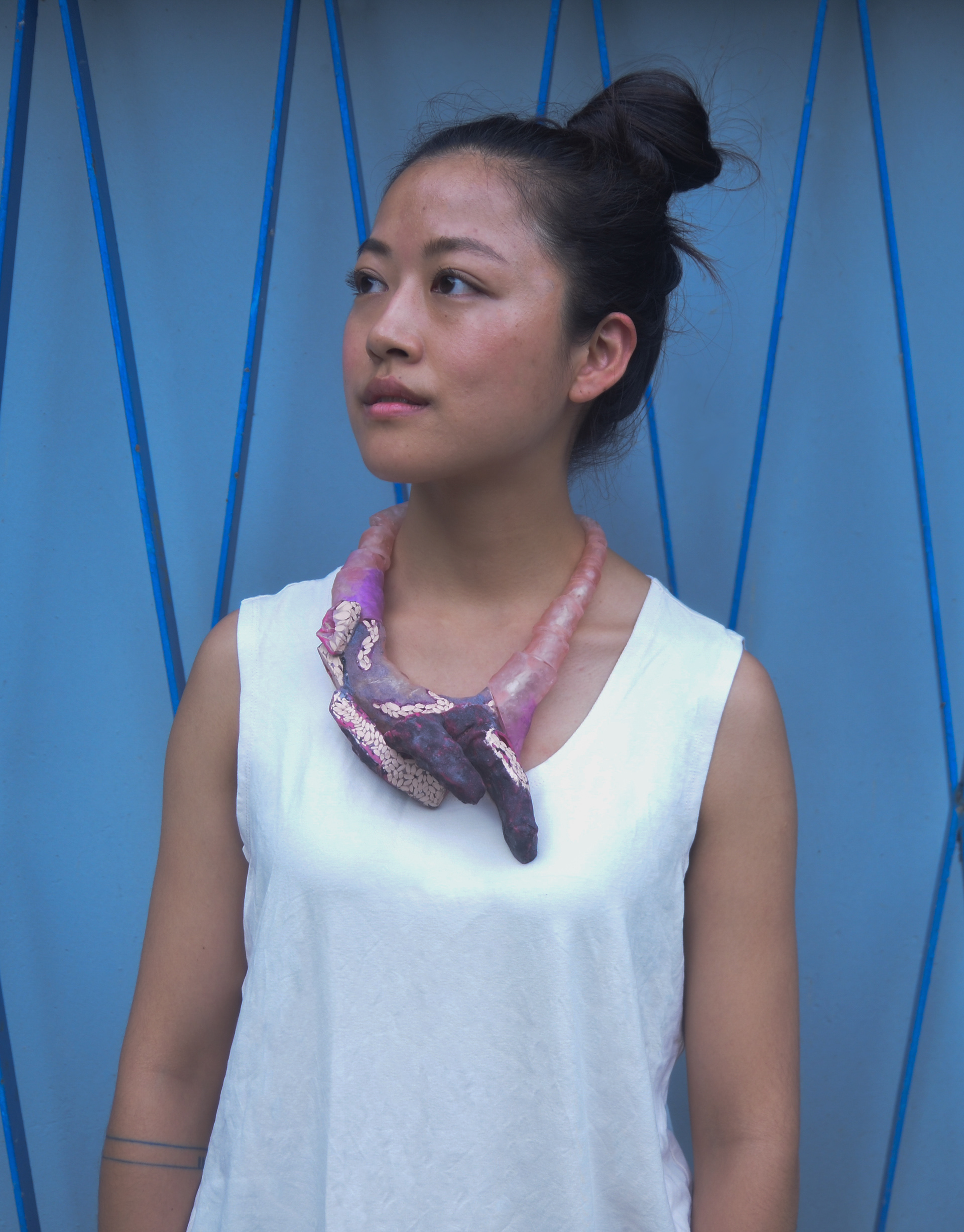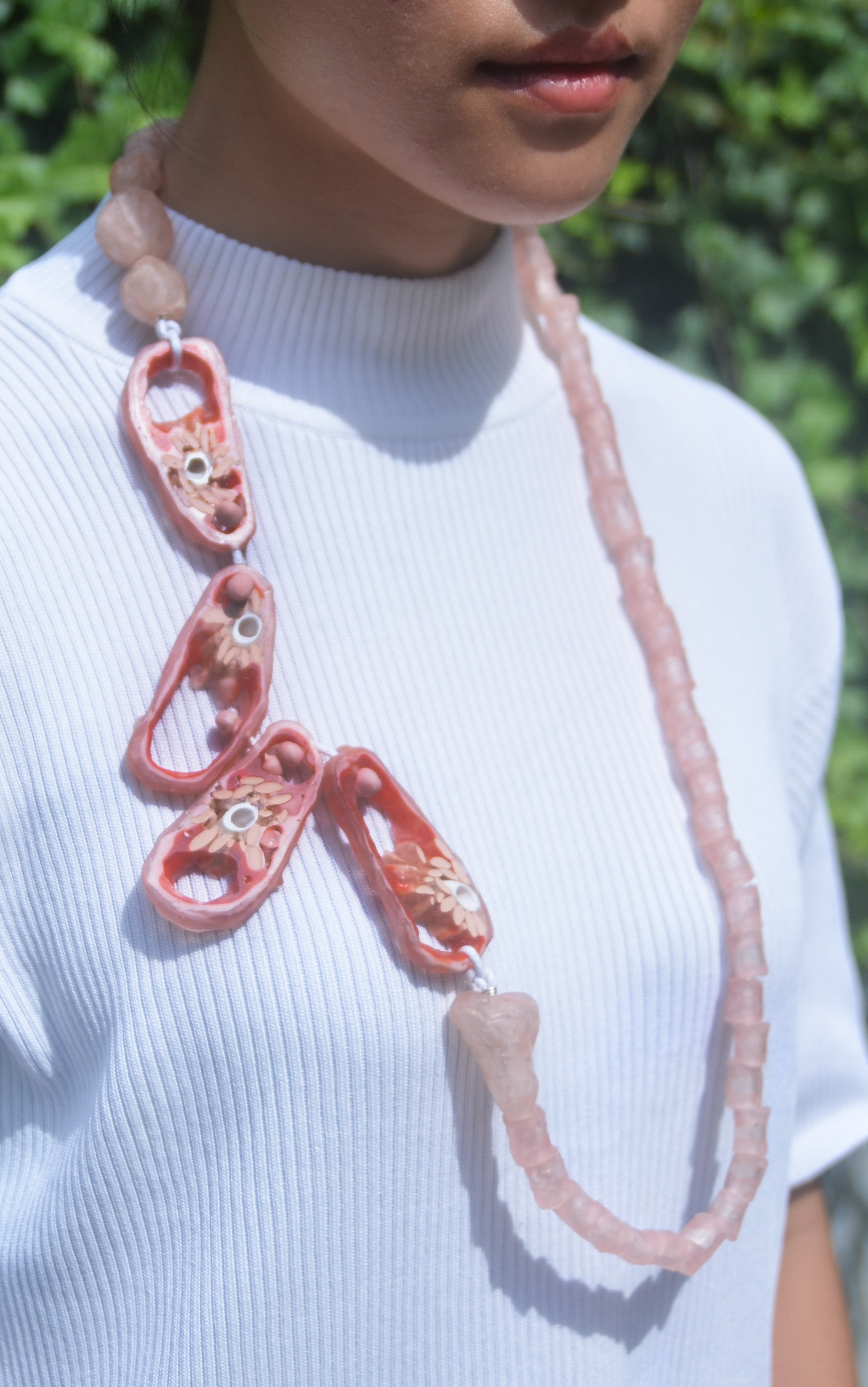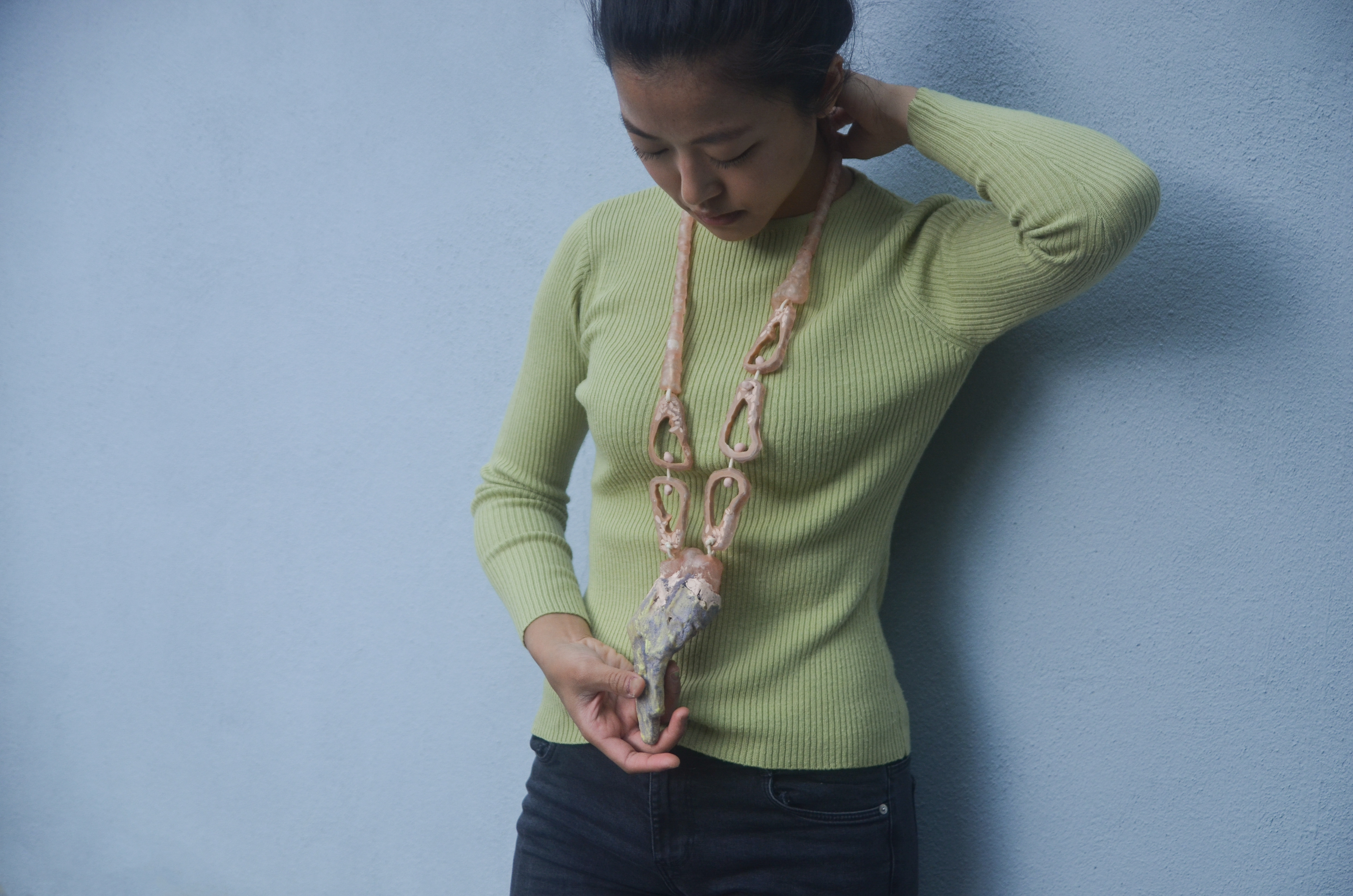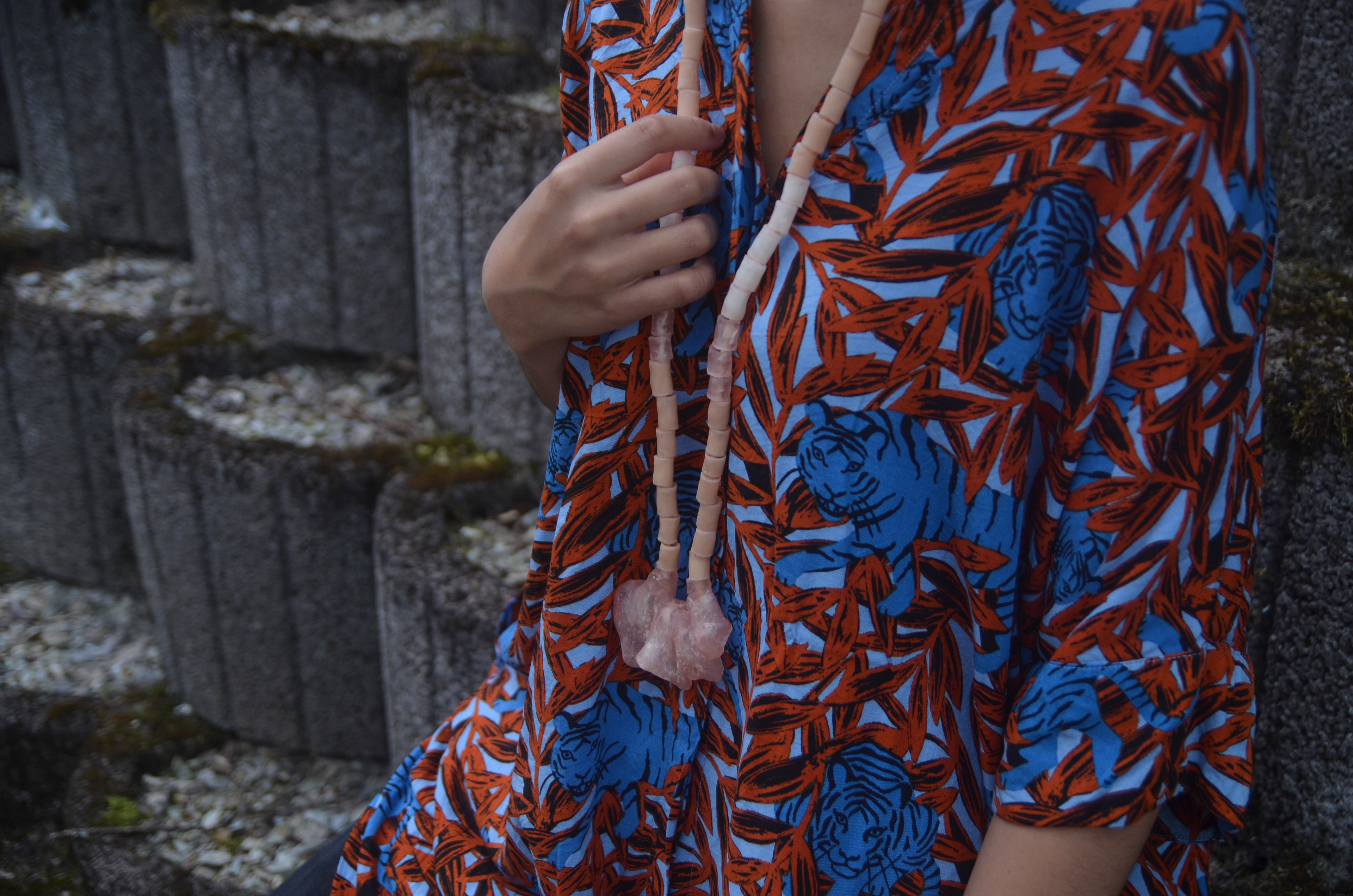When I came up with my final research question; “In what degree is fusion possible between a human and foreign materials?” I knew I could find interesting angles and points of view to write my thesis of.
I did not expect the depths I would reach with the psychological side on implantations or the ethical one. These were not something I had thought of much before starting my thesis. The ethical side opened the dilemmas involved with man and material. It wasn’t just about the things I was expecting, like illegal organ transplants and black-market, but the whole discussion about the ethics of 3D-printing and the divide it can bring upon the rich and poor. I always thought the new advances in science like 3D-printed parts in mainly positive light, to be honest, I didn’t think about the negatives at all, maybe I just didn’t know they even existed?
I did not expect the depths I would reach with the psychological side on implantations or the ethical one. These were not something I had thought of much before starting my thesis. The ethical side opened the dilemmas involved with man and material. It wasn’t just about the things I was expecting, like illegal organ transplants and black-market, but the whole discussion about the ethics of 3D-printing and the divide it can bring upon the rich and poor. I always thought the new advances in science like 3D-printed parts in mainly positive light, to be honest, I didn’t think about the negatives at all, maybe I just didn’t know they even existed?
The fusion between man and material seemed to be a lot deeper one that I did anticipate.
I found new information about bioprinting, a technique I have thought to be a real game-changer of the future of “spare-parts” for humans. It was exciting to research it, as it was something I hadn’t really paid much interest until my studies.
If I were to answer my research question now, I would say the degree of fusion between human and foreign material varies as much as there are different materials to choose from and different implants. There is no solid answer to the question, I guess that makes it a good research question; it goes on and on.
Reading the psychological terminations about how people feel about their implants and that it is an actual studied field of medicine was very eye-opening. The idea of a person going through stages with their lost organ related to the new organ was very interesting, and I think it shows the complexity in being human, and how we all, in at least some degree, do wonder what it is that makes me the person I am.
